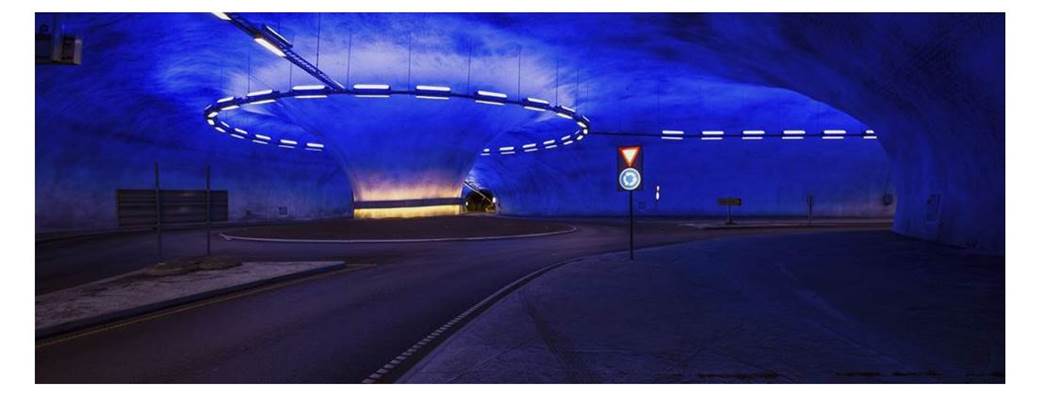India has embarked on a process to build "Climate Resilient Infrastructures" for improving the transportation links in the country through construction of road and rail tunnels. Much of this infrastructure development is taking place in the fragile mountainous terrain of India. Almost every year, especially during the monsoon period, landslides and flash floods create a major challenge in the region resulting in damages to lives, properties and infrastructures in the region. This has prompted the Indian authorities to build sustainable infrastructure projects through underground structures that are environmentally friendly and sustainable.
Norway has significant experience and technology in the design and use of such sustainable infrastructure projects. The Norwegian Method of Tunnelling (NMT) is one of the most efficient and cost-effective tunnelling technology, resulting in faster and safer construction of underground developmental projects. For a country of about five million inhabitants, Norway has an unusual level of tunnelling activity with around 5000 kms of tunnels. The application of NMT has a huge potential in India.
The objectives of the project are to strengthen the capacity of Indian cooperative partners and stakeholders and to provide them trainings on adoption of efficient and environmentally friendly practices on infrastructure projects. The main cooperating partners include Central Soil and Materials Research Station (CSMRS), Water and Power Consulting Services (WAPCOS) Ltd., Garhwal University, IIT Roorkee and Wadia Institute of Himalayan Geology in Dehradun. All these institutes have research scholars carrying out research in the area of geosciences that will help build-up their capacity in the area of geotechnology with emphasis on tunnelling technology.
The Indian Railways, which is one of the key stakeholders of the project are providing one of the tunnels as a test site in the State of Uttarakhand for carrying out studies related to the use of efficient and cost-effective Norwegian tunnelling technology. The studies are planned to be carried out over a period of three years. Several high-level road and railway delegations have visited Norway and NGI in the past and have shown interest in adopting Norwegian Tunnelling Techniques in India.
